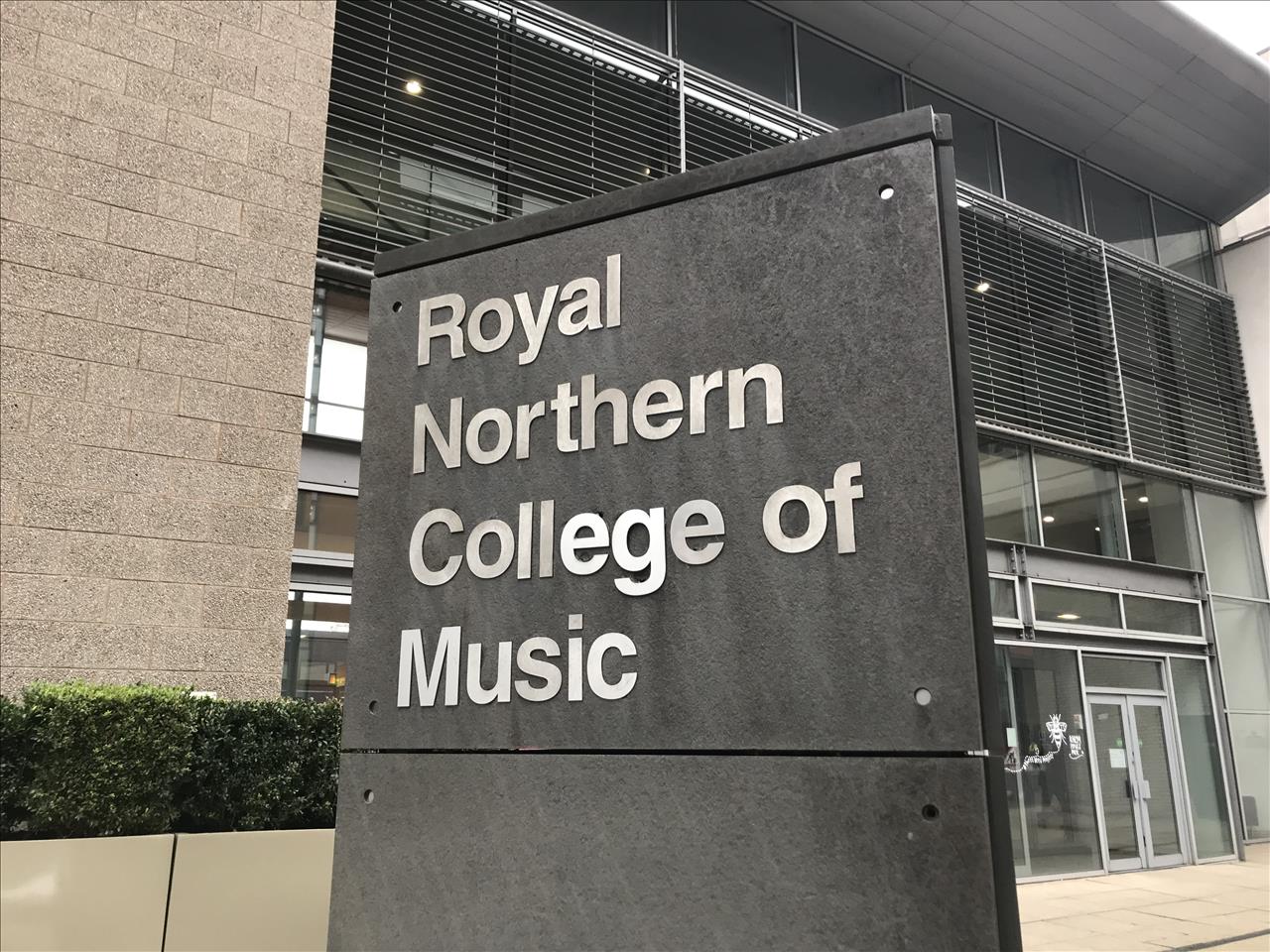
Questions arise as we approach our destination...
We’ve all been there. A seemingly never-ending journey interrupted time and again by the eternal question borne of excitable impatience.
Are we there yet?
Not quite. But the destination longed for by the banding movement since March 2020 when routes to communal rehearsals, let alone those leading to potential contest appearances at London and Cheltenham were held in abeyance by a permanent red light stop, is now on the horizon.
It’s tantalisingly close in fact.
Frustrating detours
Within weeks we could be free of the severest restrictions that have at times acted as frustrating detours borne of ignorance and misunderstanding on our journey from lockdown to normality. The bureaucratic motorway cones set-out by those who have made the rules, as well as those who have interpreted them, could be a thing of the past.
At present players are emerging from musical laybys; some alone, others in small numbers, a few joining up in groups and ensembles. Bands are opening their doors and welcoming people back - if they observe a 2-metre personal exclusion zones of course.
Open air events are being planned for the Summer, indoor concerts even. There will be ‘Rejoicing’ in the air if, as expected, the British Open Championship takes place at Symphony Hall in September.
Positivity
The sense of positivity now has a feel of realistic purpose. There is still a little way to go yet, but the Government’s road map is no longer exclusively made up of mile upon mile of triangular warning signs.
Open air events are being planned for the Summer, indoor concerts even. There will be ‘Rejoicing’ in the air if, as expected, the British Open Championship takes place at Symphony Hall in September.
Then, and perhaps only then, can an altogether different question be considered.
Is it the destination we all hoped for?

This way and that in a never ending circle...
Wasted circularity
The residue of excitable impatience could well conceal the disappointment of finding out that where we have arrived at is no different from whence, we came.
Hopefully, it has not been a 15-month journey of wasted circularity.
More importantly, how far have we actually travelled, and what progress have we made along the way to pack the safeguards needed to equip ourselves against any future social, or economic disasters that are likely to befall us?
The facts and figures speak for themselves – and whilst ministers keep churning out the patter about how much they have spent on Covid Recovery Funding and the like, it’s been small change compared to the money spaffed up Boris Johnson’s wall of bluster on wasteful pet projects and headline grabbing PR stunts.
The answer may well be revealed as not a lot.
Nobody could have foreseen the extent of the Coronavirus challenges that lay ahead in March 2020, but in the ensuing year or more, the bleak horizon of the post Covid-19 musical landscape has come into clearer focus.
It has been a hard, hard journey.
Spaffed up the wall
Professional musicians and freelance workers have been treated with an illiterate disdain by a Government that has shown a bewildering ignorance of the economic importance and success of the arts sector of the economy.
The facts and figures speak for themselves – and whilst ministers keep churning out the patter about how much they have spent on Covid Recovery Funding and the like, it’s been small change compared to the money spaffed up Boris Johnson’s wall of bluster on wasteful pet projects and headline grabbing PR stunts.

Top 10...
Proceed Measure
Only this week, a report published by the Office for Students found that the ‘Proceed Measure’ - one that shows the percentage of students in higher education establishments finding full time employment after completing their studies, included in its top 10, both the Royal Academy of Music and the Royal Northern College of Music alongside the likes of Imperial College London and the Universities of Oxford and Cambridge.
Less successful were students in business and management, media and communications, sports and exercise sciences – yet guess which of these is not being subject proposed cuts in funding in England from the same body that published that very report?
Less successful were students in business and management, media and communications, sports and exercise sciences – yet guess which of these is not being subject proposed cuts in funding in England from the same body that published that very report?
Then again, how many musicians who have had to take jobs as delivery drivers and supermarket workers to make ends meet are going to be persuaded that a musical future is going to be any less precarious?
And whilst the newly elected devolved governments in Wales and Scotland have promised national music services and free music tuition in their manifestos, the next generation of talented higher education students still face crippling tuition costs and limited tuition provision. Hard pressed families still have to find the money to pay for their children to access over-stretched peripatetic services in schools.
Challenging circumstances
Hopefully brass bands throughout the UK will have survived the extended period of inactivity, despite the vast majority not benefiting from Culture Recovery funding or even local authority help.
In the vast majority of cases the most challenging of circumstances has brought the best out of both people and bands – from the organising of regular on-line get togethers and rehearsals to the promotion of online competitions and initiatives.

Foden's were one of many bands that made a positive impact
Future survival
However, even though the return is being met with initial enthusiasm, the longer-term consequences of a year or more of ‘face to face’ activity lost, are perhaps yet to be felt.
How many bands have really sat down as organisations and discussed, let alone planned their own roadmap to future survival let alone prosperity?
Where are the income streams coming from, the concerts and initiatives such as linking to these newly promised musical services that fuel player’s enthusiasm and showcase their talents to a wider audience?
Are players who enjoyed a level of commitment that fitted into their pre-Covid working lives, and found other activities to explore and enjoy in the hiatus, really going to be persuaded to keep playing if all that the new era can offer is more of the same?
For some that may be enough - the social enjoyment of meeting friends once more on a regular basis, but where are the income streams coming from to keep things going, the concerts and linking to these newly promised musical services that fuel player’s enthusiasm and showcase their talents to a wider audience?
And will a return to a contesting environment that has shown little appetite for change over the past 50 years let alone the last 12 months offer that?
Are we bothered?
Then again, are players and bands that bothered as long as the ingrained mentality is that of survival?
We may be concerned with our own chances of being devoured by another catastrophe, but do we really worry too much about others over the next 10 year or more, let alone the next ten months?

Can we outrun disaster?
Running spikes
It reminds you of the old Billy Connolly joke about two wildlife photographers getting too close to a hungry lion in the African bush.
As the one starts to take off his boots to replace then with running spikes his friend says; “You won’t out-run it even with those on”, to which his colleague replies; “As long as I out run you I won’t be worried.”
Any revolutionary spirit that fuelled the initial flames of the communal ideals of a new era of collectivism and cooperation between representative bodies and contest organisers, bands and concert promoters, arts initiatives and government backed projects, have long been doused in distrust and apathy.
Any revolutionary spirit that fuelled the initial flames of the communal ideals of a new era of collectivism and cooperation between representative bodies and contest organisers, bands and concert promoters, arts initiatives and government backed projects, have long been doused in distrust and apathy.
Just remind yourselves of the outpouring of social media bile that accompanied the news of Arts Council Awards to bands and organisations that had successfully gone through the labourious process of applying for help and coming up with ideas that met the specific criteria.
That poisonous opprobrium should have been directed elsewhere, but somehow a mixture of ignorance and petty jealousy flowed through keyboard warrior veins to provide the ammunition to shoot ourselves in the foot.
Being fortunate to speak regularly to people in the wider arts and media fields has been enlightening - the genuine admiration for our individual musical endeavours invariably balanced by incomprehension by the lack of communal organisational momentum.
Successes
That said there have been successes.
Many musicians have used social media and new technology to reach out to new audiences to showcase their talents and teaching credentials, whilst a number of bands have actively embraced the internet as a means of musical promotion.

Welsh banding took the opportunity to work together
Elsewhere there have been fine work undertaken by Brass Bands England and the Scottish Brass Band Association whilst the new creation of Brass Bands Wales and the quiet effectiveness shown in Northern Ireland has been heartening.
However, as much as we may have hoped, the past 12 months or more has been a journey that has failed to build a lasting appetite for communal endeavour.
It’s been an opportunity missed. And one we may not get again.
Harder than ever
The main competitions will return, slightly tinkered with perhaps, but fundamentally unchanged; bands will return in the hope of beating rivals at contests played out to ever diminishing audience numbers; concerts will be harder to come by and to be funded, and the national media will once again shift its spotlight to other community stories of interest.
We will have to work harder than ever to be heard in the corridors of Whitehall and it quangos, and to prise open the purse strings of long term investment in the arts and community level brass banding.
We will have to work harder than ever to be heard in the corridors of Whitehall and it quangos, and to prise open the purse strings of long term investment in the arts and community level brass banding.
Yet we will rejoice in our return to what we believe we do best - playing primarily to ourselves.
Unless we resolve the lesson of the past year and decide to invest our energies in a communal blueprint for long term prosperity, that eternal question will also be laced with endless uncertainty time and time again.
Are we there yet?
Unfortunately, it could be that we are.
Iwan Fox













